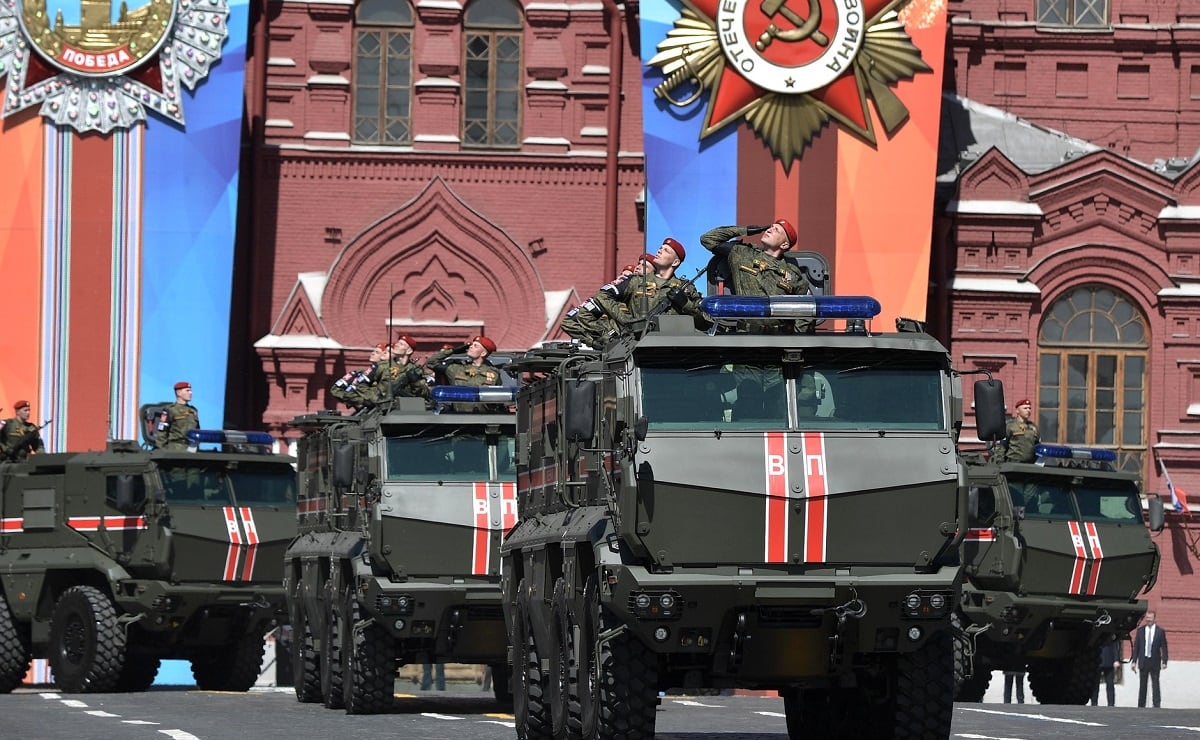Any U.S. military component of a reported agreement on Syria struck between President Donald Trump and Russian President Vladimir Putin would likely require congressional approval or a waiver, the head of U.S. Central Command said Thursday.
Few details have come out of the private Trump-Putin Monday meeting, where only the two leaders and their interpreters were reported to be in the room. However, Russian ambassador to the U.S. Anatoly Antonov told Russian television Wednesday that “important verbal agreements were made.”
In tweets Thursday, Trump said the meeting covered Syria, Ukraine, North Korea and a host of other issues where the U.S. military has vested interest — however as of Thursday the Pentagon was still in the dark about what, if any, agreement specifics were set.
“We have received no specific direction at this point,” Gen. Joseph Votel, head of U.S. Central Command, told reporters in a teleconference Thursday.
Trump was scheduled to have lunch with Defense Secretary Jim Mattis Thursday and meet later in the day with Secretary of State Mike Pompeo.
For the U.S. military, Syria and Ukraine are tightly interlinked, for it was Russia’s invasion of Crimea in 2014 that led to Congress passing new laws to restrict interaction between U.S. and Russian forces.
RELATED

That law was just renewed in the 2018 National Defense Authorization Act and has been reintroduced in the 2019 bill now moving through Congress. It’s why officials have been careful to call the multiple interactions between the Russian and U.S. militaries each day over Syria “deconfliction.”
The law states that the restrictions are to remain in place until Russia “has ceased its occupation of the Ukrainian territory.” The bill does allow the defense secretary to approve a waiver to allow military coordination with Russia, pending secretary of state approval and notification of Congress.
“The principle purpose of that is ensuring safety of our forces, safety of flight, safety of our aircraft and our people on the ground and insuring we are operating in accordance with our international obligations,” Votel said. An exemption to do anything beyond that “would have to be created by Congress or a waiver that they would approve to allow us to do something like that. I have not asked for that, at this point. We’ll see what direction comes down.”
Tara Copp is a Pentagon correspondent for the Associated Press. She was previously Pentagon bureau chief for Sightline Media Group.





